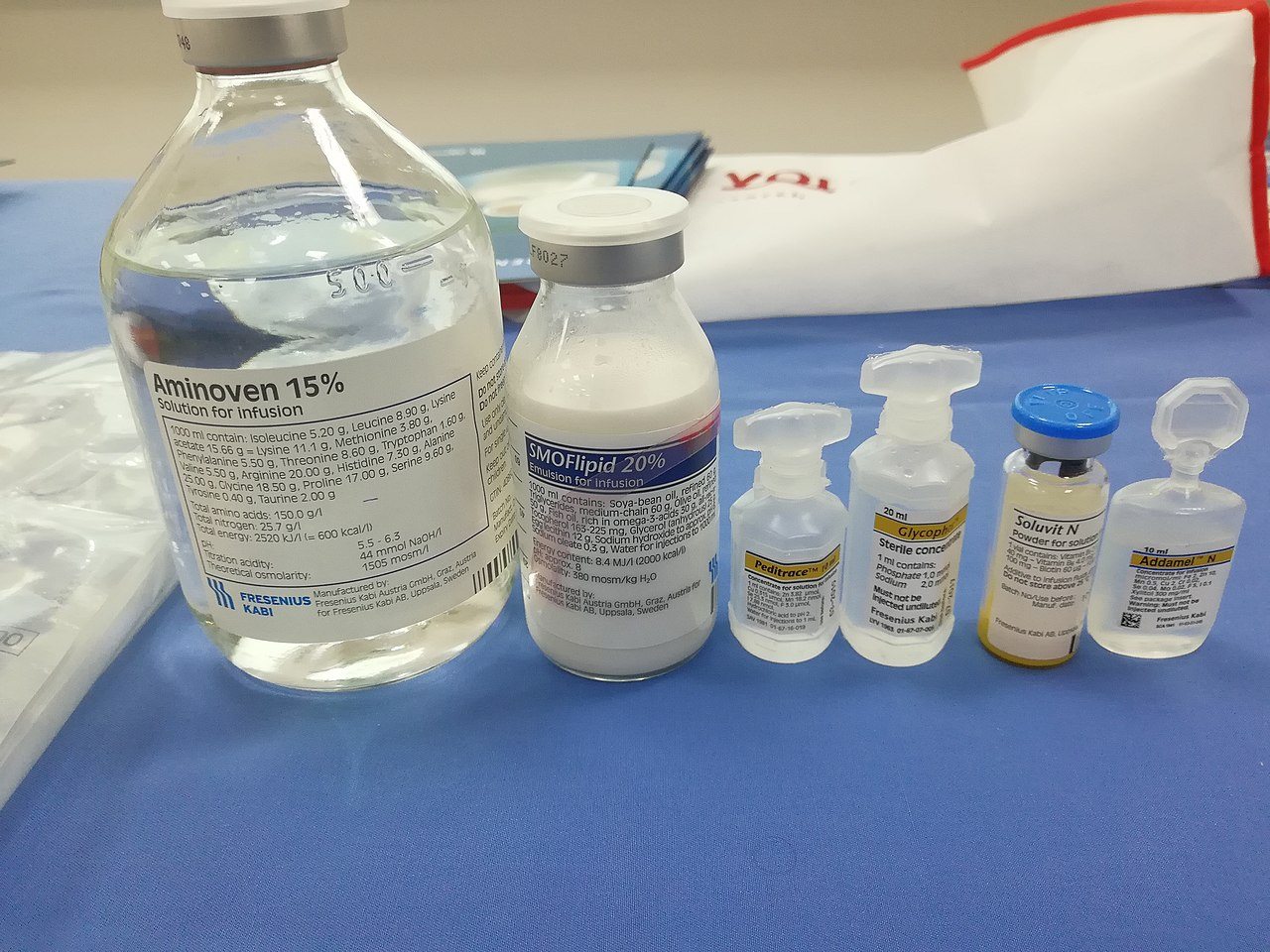Our bodies require the necessary vitamins and minerals to execute the various functions of our bodily systems. Often this nutrition can be received through ingestion which means the life-giving nutrients are in our food.
When we lose the ability to eat, it can quickly lead to many complications and even loss of life. Instead of using unnecessary, invasive, and uncomfortable procedures like gastrointestinal tubes, patients have another option called parenteral nutrition.
The liquid mixture of nutrients introduced into the body through intravenous needles and tubes is similar to a regular drip for medications. However, patients would have to consider a few aspects of this type of feeding when discharged from the hospital. Below are some tips and advice that patients should know and understand:
Educate Yourself On The Applications
Researching the specific type of parenteral nutrition which you’ll receive will give you the necessary insight into the correct application. Doctors and dieticians would work hand-in-hand to provide as much information as possible, but reading up for more information would clarify the process’s terms, methods, and proper use.
Information on this type of feeding is freely available on Ameripharmaspecialty.com and other reputable medical websites. The more details about the parenteral nutrition you have, the better you will be able to take care of yourself.
Incorporate It Into Your Daily Routine
Parenteral nutrition, also referred to as intravenous feeding, is a continuous process of adding the needed food to the body. Depending on the prescriptions from healthcare workers and the type of formula used, the infusion may take up to 12 hours to disperse.
Patients should keep this in mind when they start their daily dose of the nutritional mixture. Incorporate the amount of time you need into your daily routine to make things easier.
Take Care Of The IV Site And Line
The intravenous (IV) line connected to the needle and inserted into the vein should be clean and dry. If the line is damaged or clogged, it may need replacing. Patients would have to visit their doctor or the emergency department for that.
That said, keep in mind that prevention would be better for the person and taking care of the IV site and the line would save time and discomfort in the long run. Before discharge, the doctor, nurses, or nutritionist would give clear instructions on cleaning the specific needle and line set. Patients should continue with these care instructions at home for the best results.
Notice Changes In Your Health
There may be some after-effects of using parenteral nutrition, and doctors would be able to advise on the correct treatment for these. They may need to adjust the type of mixture for the feeding or prescribe other medicines and nutritional supplements.
It’s crucial to take note of any changes in your health or symptoms you experience during or after administering the feeding and discuss these with your primary care physician. However, patients may observe some degree of nausea and vomiting in most cases, but it should subside and not become a constant occurrence.
Distinguish Between Different Sensations
Another observation that patients will make is that they no longer feel hungry when applying the correct formulation. They may still experience cravings and could become thirsty. When this happens, inform the nutritionist so they can adjust the formula of the mixture.
In addition, with this type of feeding, patients shouldn’t be left hungry or thirsty, and if they do have any of these feelings, it could mean that the mixture is no longer nutritious enough for their bodies.
Ask For Support From Family And Friends
A sound support system makes it easier for patients to live a fruitful life while undergoing parenteral nutrition. Family and friends will always be there to cheer you up and support you in any way they can.
You should rely on them for improved tolerance of the situation, they will freely give their love and care for sure. Some patients prefer to join a support group that knows what they are going through. Because others were in similar situations before and they have developed unique insights into the world you now find yourself in and now they are ready to encourage those around them in the same situation.
The Takeaway
Treatments like parenteral nutrition may seem daunting initially, but the support that doctors, nutritionists, friends, and family offer may improve the experience. With all the information available on the subject, patients can form a comprehensive overview of how to take care of and maintain their nutritional wellbeing.
Be prepared for the new challenges you may face and be open to receiving help from others. After all, tackling any problematic situation with a positive attitude and realistic expectations serves as a springboard for success and acceptance.

